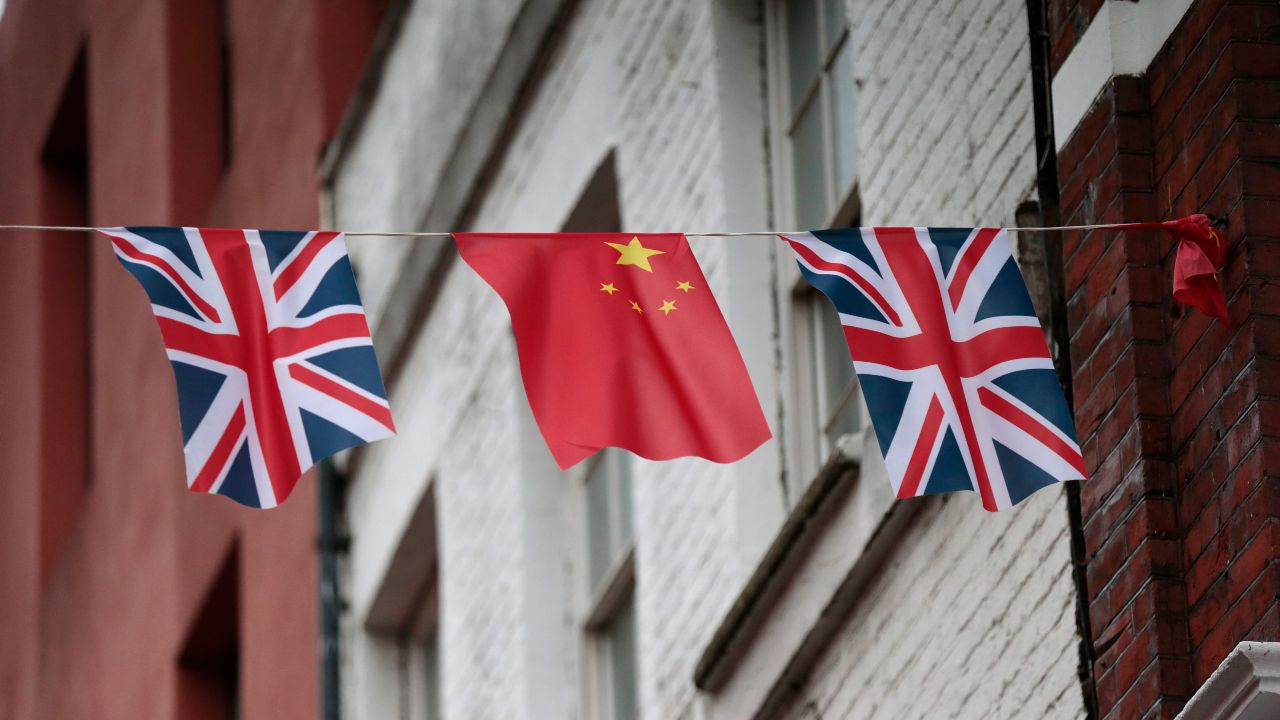The UK government’s initial failure to investigate the acquisition of its largest chip fab by a CCP-linked Chinese company is worrying. There is still time to change the decision.
The acquisition of Newport Wafer Fab (NWF), the largest chip fab in the United Kingdom by a Chinese company with extensive links with the Chinese Communist Party (CCP) for £65m ($90m) fits the party’s roadmap. However, what was most surprising — and concerning — is that British ministers refused to use the recently passed UK National Security and Investment Act to investigate further or block the acquisition.
Prime Minister Boris Johnson’s government has become increasingly outspoken regarding China as a growing geopolitical concern. It specifically highlighted the threat posed by Chinese investment into high-tech British companies and critical industries, such as semiconductors. This makes the government’s failure to initially conduct a comprehensive investigation of the acquisition of NWF and its Chinese-linked acquirer all the more peculiar.
Following pressure from Conservative MPs on July 7, Johnson overruled his ministers and announced in Parliament that the UK National Security Advisor Stephen Lovegrove would now be looking into the deal. This is a good start, although Johnson suggested the inquiry might find that there were no national security implications.
“We have to judge whether the stuff that they are making is of real intellectual property value and interest to China, whether there are real security implications,” Johnson told MPs. “I have asked the national security adviser to look at it.” However, Johnson also said he did not want “to pitchfork away every investment from China into this country.”
Although relatively small in terms of semiconductor production companies, NWF itself is the UK’s largest chip fab. While the company generally produces a high volume 200mm wafer fab, which is used in the automotive sector, it has been increasingly engaged in advanced compound semiconductors, a key component of critical emerging technologies, including 5G.
The deal itself was initially announced on July 5. It involves Nexperia, a Netherlands-based, wholly-owned subsidiary of China’s Wingtech Technology, acquiring NWF. Wingtech itself was founded in 2005 and at least 30% of the company is owned by entities directly linked to the CCP. The enabler of this and an array of Chinese acquisitions across the semiconductor industry is a little-known Chinese private equity fund called Wise Road Capital. The firm (along with Jianguang Asset Management Company — JAC Capital) first came to prominence when it acquired the standard product business of the Netherlands-based NXP for $2.75bn, renaming the company Nexperia. Wise Road subsequently sold Nexperia to Wingtech.
Quite apart from Nexperia, during this period Wise Road made acquisitions of an array of semiconductor companies. Most notably it acquired two Singapore-based semiconductor companies (UTAC and the wafer operations group of Powertech Technology), followed by South Korea’s Magnachip, while also joining new joint ventures with United States-based Qualcomm and Austrian-based AMS. Wise Road has routinely made rapid efforts to move production for these acquired companies to China. Despite making an array of $1bn-plus acquisitions, Wise Road only discloses $15.4m in assets. Due to both national security concerns and the opaque nature of the acquirers, the U.S. and later South Korean governments stepped in to freeze the Magnachip acquisitions while they investigate.
So what comes next for the UK government? Tough rhetoric regarding the CCP threat only matters if there is the political and business will to follow through. The UK has long been a destination for and has encouraged, foreign investment (including from China).
But post-Brexit, the UK has sought to balance trade and security considerations. Britain has highlighted the growing Chinese challenge in its defense and security reviews, and may well find itself in China’s sights if the UK’s carrier group (including U.S. and Dutch elements) passes through the Taiwan Strait later in the year.
So while Johnson’s emphasis on business-first may be popular with industry, it is likely untenable for long-term national security. This is due to the CCP’s active use of any and all forms of leverage to pursue its own strategic interests. As a result, while Chinese investment in critical infrastructure and key emerging technologies is and should continue to be a major concern in the UK, encouraging active investments into any UK industry presents a clear risk, as Australia learned when China aggressively sought to punish them via tariffs and other means following Australia’s push for a global WHO investigation into the origins of covid-19.
The UK is not alone in this regard, as many European countries try to balance China-the-threat with China-the-perceived-market. As long as they continue to do so; however, they will only make themselves more vulnerable to CCP coercion.




